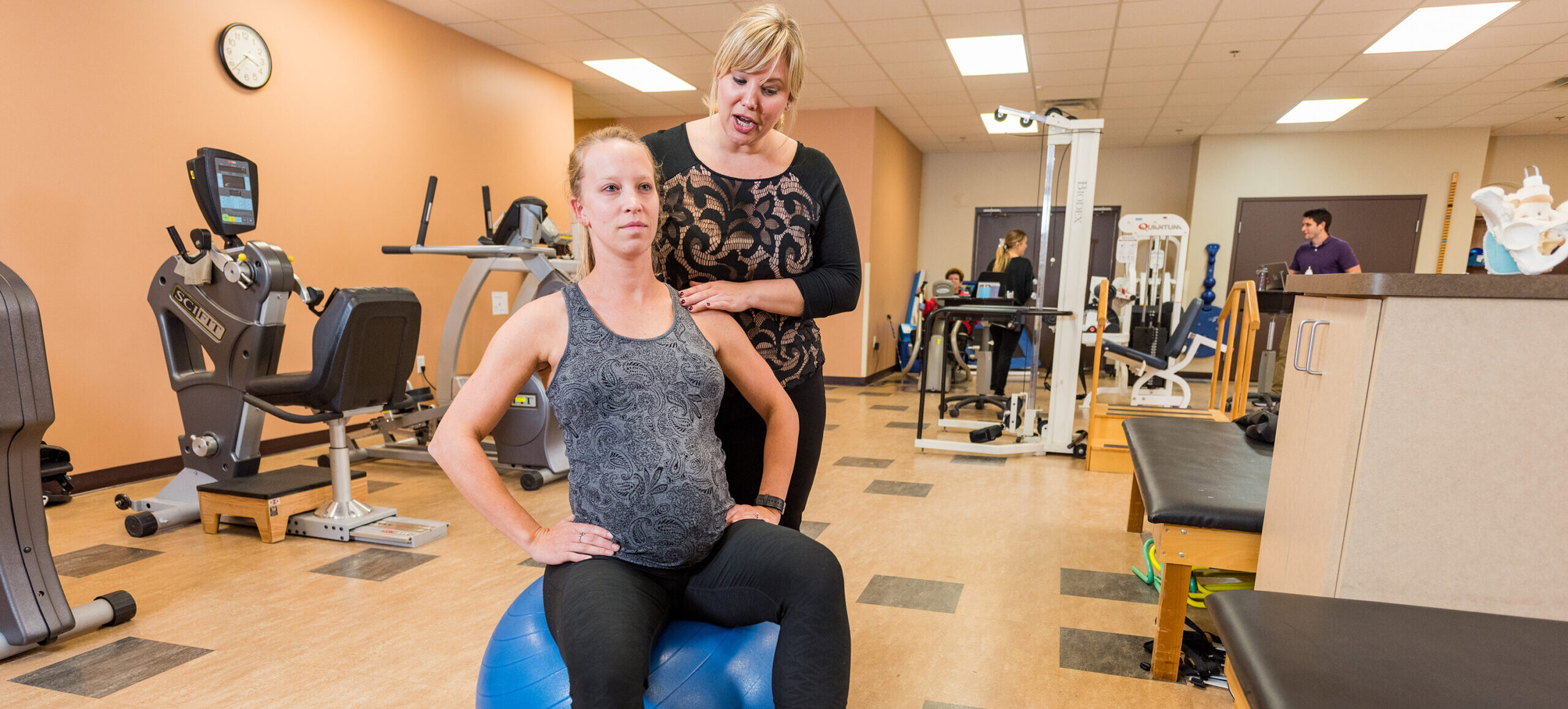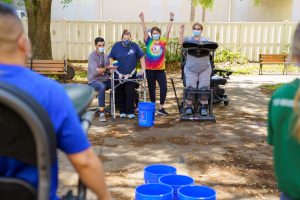National Women’s Health and Fitness Day

Back to physical health resource hub
National Women’s Health and Fitness Day is an annual event dedicated towards promoting physical and mental health in women. This day aims to draw attention to the importance of regular physical activity and health awareness for women. On this National Women’s Health and Fitness Day there are many ways that we can celebrate our minds and bodies and aim to live a healthier and happier life.
Exercise
Exercise is one of the single most impactful things we can do for our body to maintain our health. The ‘Physical Activity Guidelines for Americans’ recommends at least 150 minutes to 300 minutes of moderate-intensity, or 75 minutes of vigorous intensity aerobic exercise per week. It is also recommended perform muscle strengthening activities at least 2 or more days per week. Exercise can provide special benefits to women including a decreased risk of dying from coronary artery disease and decreased risk of developing high blood pressure, cancer, and diabetes. Exercise has also been shown to reduce symptoms of anxiety and depression and improves mood and feelings of well-being.
Mental Health
Good mental health is essential to overall well-being. Many mental health conditions, such as depression and bipolar disorder, affect women more than men. It’s important to treat mental health conditions to improve quality of life. There are many options for women to address mental health conditions including exercise (as mentioned above), therapy with a trained provider, medication, or a combination of these options.
Diet
An adequate diet is beneficial to the health of both men and women. However, women have special nutrition needs and during each stage of a woman’s life, these needs may change. Women should focus on a diet rich in nutrient dense foods to provide energy for their busy lives and to help reduce risk of disease. Foods rich in iron and folate are important for women of childbearing age. Foods that provide iron include red meat, chicken, fish, spinach, and beans. There are many foods that naturally provide folate including oranges, leafy green vegetables, and beans. Calcium and vitamin D are especially important for older women as their risk of osteoporosis (decreased bone density) increases with age. Calcium rich foods include milk, yogurt, cheese, and green leafy vegetables. Women can get vitamin D from fatty fish, eggs, and fortified milk.
Sleep
Sleep plays a big role in mental and physical wellness. Getting a good night’s sleep can help to boost your mind and mood and help to prevent health problems. Hormonal changes during a woman’s menstrual cycle, pregnancy, and menopause can affect how well a woman sleeps. Women should get 7-9 hours of sleep per night to feel refreshed. Pregnant women may need more and older adult woman may need less than this recommendation. Ways to help improve sleep include consistent bed times and wake times, exercising on most days, and avoiding screens like a laptop or smartphone before bed.
Sources
- https://health.gov/our-work/nutrition-physical-activity/physical-activity-guidelines
- https://www.cdc.gov/nccdphp/sgr/women.htm
- https://www.nimh.nih.gov/health/topics/women-and-mental-health
- https://www.eatright.org/food/nutrition/dietary-guidelines-and-myplate/healthy-eating-for-women
- https://www.womenshealth.gov/mental-health/good-mental-health/sleep-and-your-health


